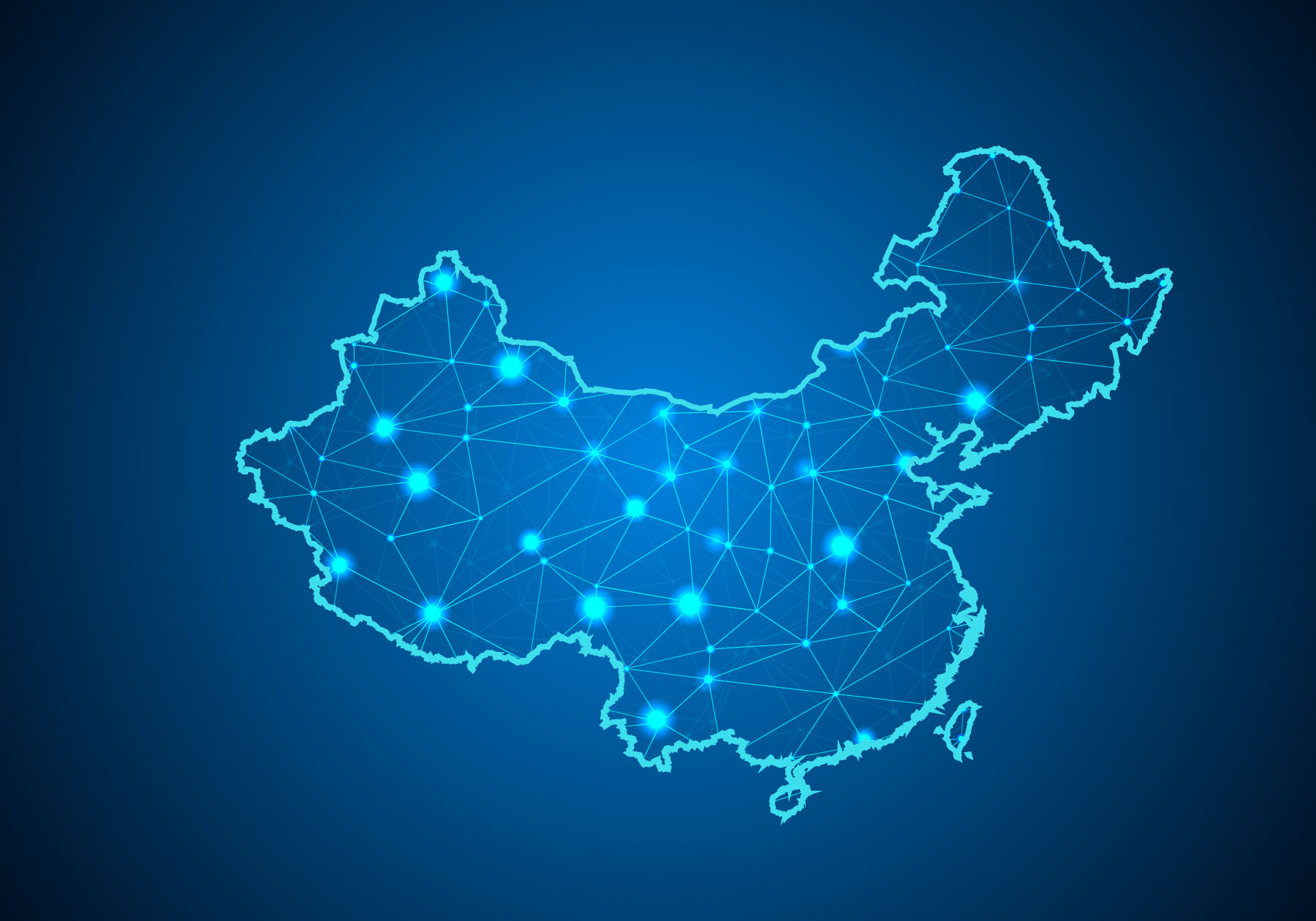China’s business ecosystems push it into a leading position in the global AI race
In a recent article, Professor Stefano Brusoni of the Chair of Technology and Innovation Management and his co-authors compare the AI ecosystems in China, the US and Europe, concluding that the ecosystems that have helped China catch up to its competitors over the last decade will ensure that it races ahead of them in the next one.

Only in China, the authors argue, do tech giants, nudged by the state, orchestrate AI ecosystems and work closely with industry incumbents to support their digital transformations. In the US, by contrast, digital giants take on industry incumbents incapable of adapting and adopting AI quickly enough, while in Europe incumbents have to reinvent themselves by forming ecosystems with digital partners, building AI divisions, and striking alliances.
Sputnick moment led to kickstart of Chinese AI
Since its “Sputnick moment” in 2015, when a programme developed by a start-up acquired by Google defeated two of the world’s best human Go players, the Chinese government has expanded Bachelor’s and Master’s programmes in AI from 64 in 2016 to 902 in 2018. Meanwhile, in 2018, venture capital investment in Chinese AI firms surpassed that in the US, reaching 48 percent of the global total. China’s great leap forward in AI has also been facilitated by the more trusting atmosphere toward AI in China, where there is less concern about data and privacy.
A different ecosystem architecture
In China, the government has encouraged digital giants to create AI libraries, platforms and frameworks for the purpose of catalysing partnerships with industry incumbents and of enabling small and medium-sized enterprises to access AI at lower cost. This makes for a unique relationship between digital firms and industrial incumbents: the libraries and frameworks are not designed primarily for research purposes, but instead to solve business problems. This means that they are accessible to a larger audience of less qualified users than in the US, where such facilities are designed primarily for research. Chinese technology firms thus actively support companies’ digital transformations, while themselves gaining access to data and new AI segments in return. Fully one third of Chinese companies already receive significant financial benefits from AI today, as compared to only 13 percent in the US.
National champions
The cooperation between tech firms and industrial incumbents is further facilitated by the government’s designation of certain firms as national champions for specific areas—Tencent for medical imaging, Baidu for autonomous driving, Alibaba for smart cities, for example. In 2019, the national AI task force was expanded to include 15 tech firms, each of which has been asked to collaborate with businesses in a specific area. Such collaboration also occurs in the US and Europe, but is much less common, and is driven by businesses rather than through government intervention. The EU’s focus on the ethical and philosophical aspects of AI have meanwhile pushed industrial and ecosystem policy into the back seat in Europe.
The future
What does this all mean? Contrary to popular perception, the authors claim, the kind of ecosystems that have allowed China to catch up with the west in terms of AI will now push it into a leading position, ahead of the US and Europe. The ultimate reason for this is that data and applications rather than theory and research represent the frontier of innovation in AI.
About Stefano Brusoni
Stefano Brusoni has been Professor of Technology and Innovation Management at D-MTEC since 2011. His current works focuses on the analysis of obstacles to innovation and change, at both the individual and organisational levels. His research has led to the founding of two start-ups (external page Spark Works and external page Sparkademy). He co-authored the article summarised above with Francis Candelon and external page Matthieu Gombeaud of BCG and external page Michael G. Jacobides of London Business School.
Read the full article in the external page Fortune magazin